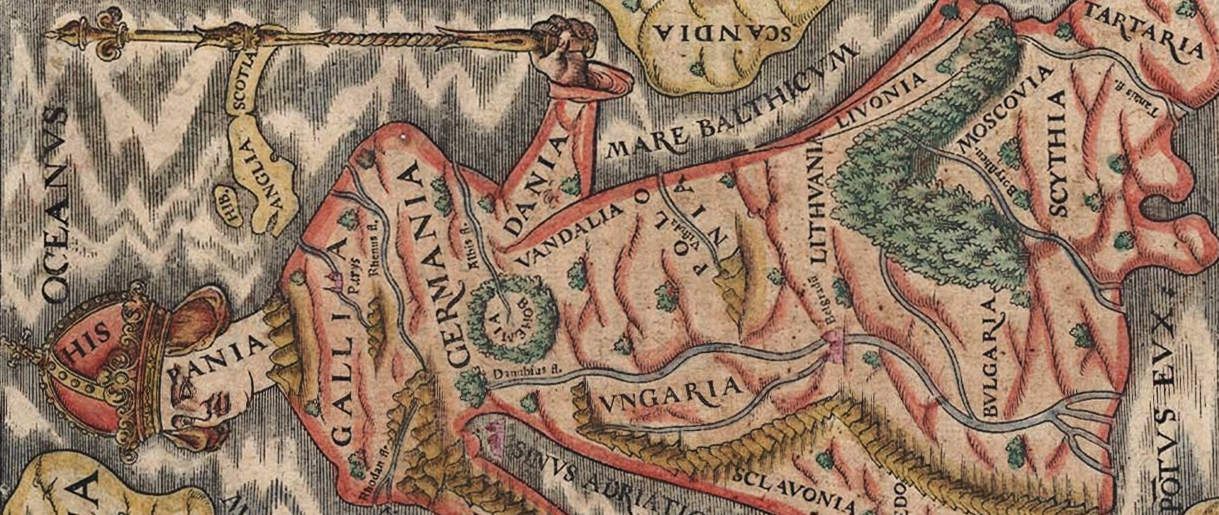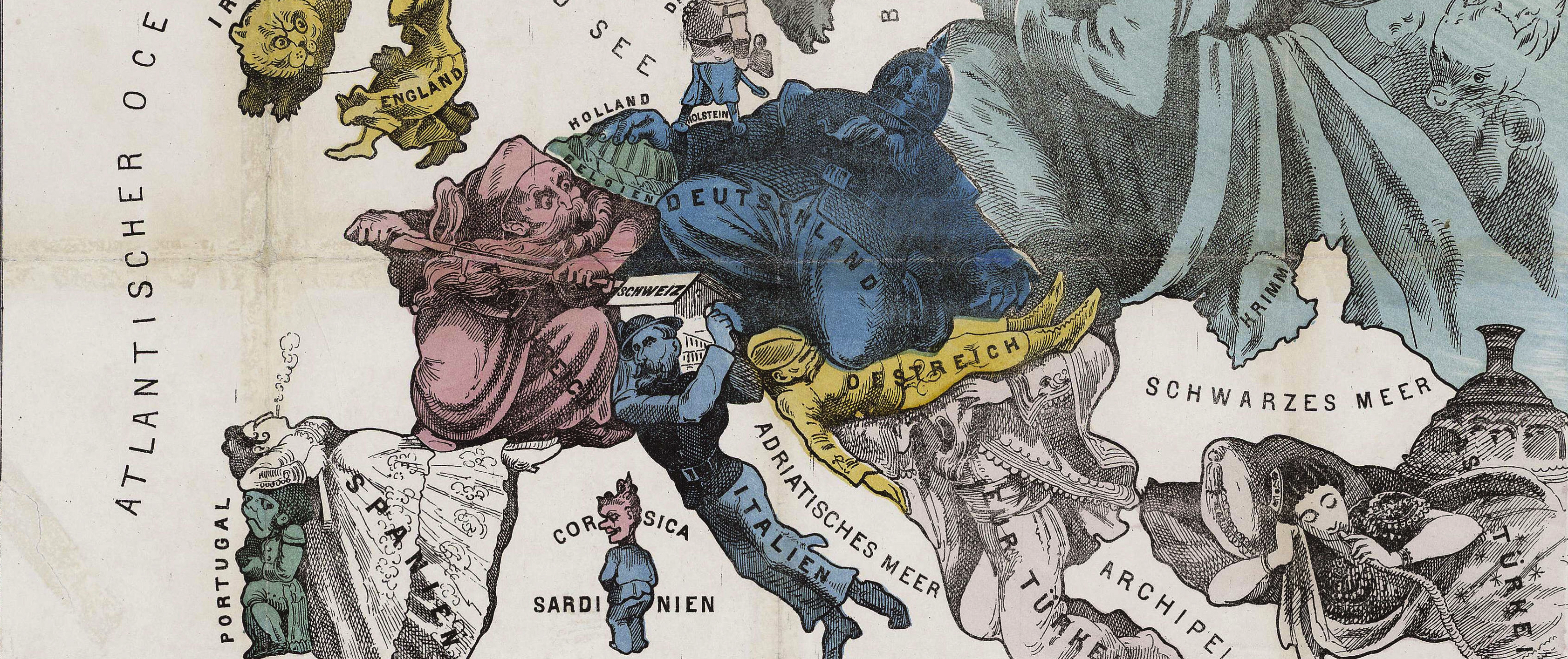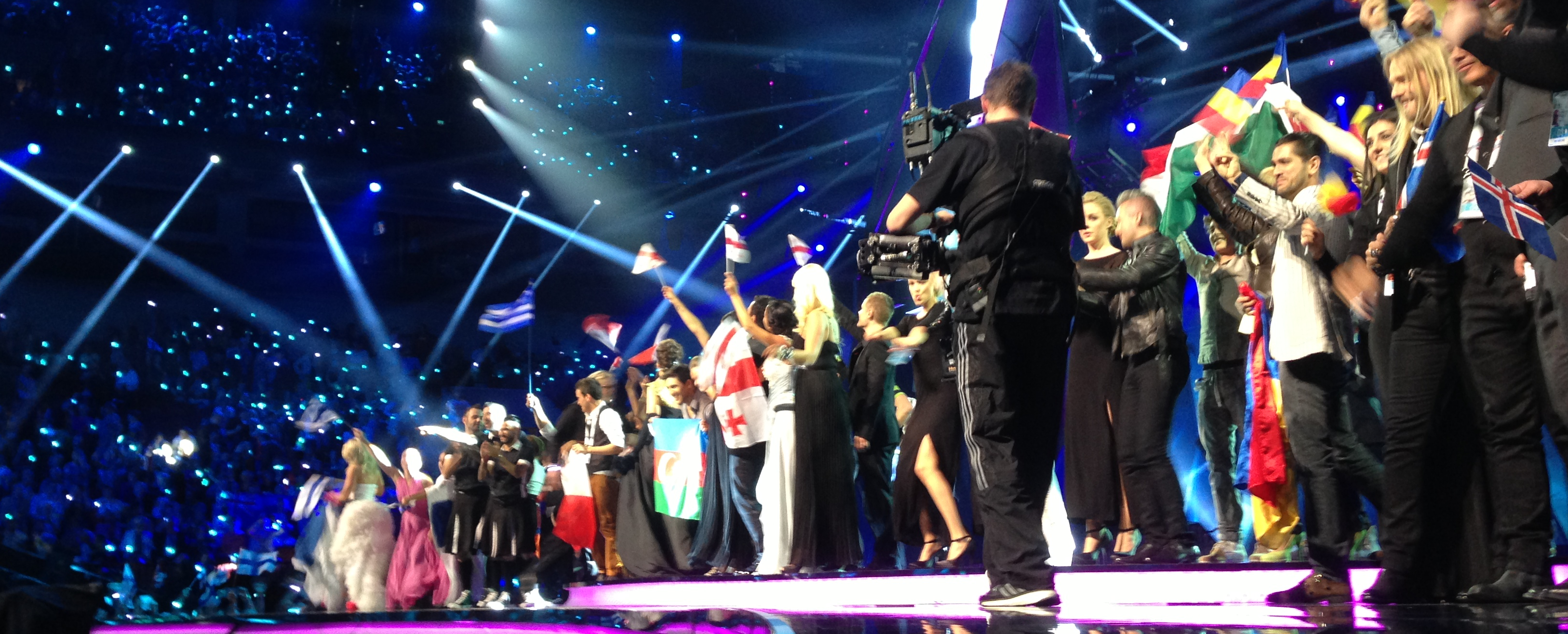Historisch-Kulturwissenschaftliche Europawissenschaften



«Europawissenschaft ist nicht als Wissenschaftsdisziplin im traditionellen Sinn zu verstehen. Sie konstituiert sich immer neu in unterschiedlichen Zusammensetzungen. Die Intentionen einer Europawissenschaft sind andere als die einer EU-Wissenschaft. Sie beziehen sich auf die Vielfalt Europas als dem proprium Europas, sie sind kritisch dekonstruierend und vor allem dadurch zugleich wieder konstruktiv zukunftsweisend.
Die Europawissenschaft ist Ausdruck einer dekonstruierenden Grundhaltung, eines dekonstruierenden Standpunktes, bedeutet rein praktisch die genaue wissenschaftlich- methodische Untersuchung Europas auf der Grundlage des Paradigmas der Vielfalt und der Kohärenz als wichtigstem Korrelat und erbringt als Ergebnis keine Meistererzählung, sondern einen Hypertext.»
Wolfgang Schmale
"Vienna is certainly a good place to surpass the occidentalist and integrationist “Euro-history” once mocked by Norman Davies (in his book Europe. A History). The research focus attempts to combine eastern and western European history by taking the mental mapping and constructions of Europe as one of its points of departure. That also implies that our research into the past of Europe is not guided by a specific model of development or path of history that has shaped Marxist and other schools of historiography. In is also our endeavor to develop the ways how to approach the multi-facetted histories of Europe and in particular their entangled (or at times dis-integrating) character. The research focus is interested in methods and theory, in particular comparative history, cultural transfers, translations and other relational approaches.
The research focus runs on a regular basis small meetings and workshops, international conferences and the Graduate Conference in European History (GRACEH is carried out in cooperation with the EUI in Florence and the CEU in Budapest). It is also involved in the Graduate Interdisciplinary Network for European Studies (GRAINES is organized in cooperation with Sciences Po Paris and the universities of Basel, Cologne, Prague and St. Andrews).
The research is also supposed to foster the teaching at the University of Vienna, especially the specializations of European History and East European History in the framework of the MA program in history. It is supported by the Faculty of History and Cultural Studies at the University of Vienna."
Blog
-
18.05.2015
Eurovision Relations: The Eurovision Song Conquest and European Relations
18 May 2015, Haus der Europäischen Union, Wipplingerstrasse 35, Vienna
18.05.20156. Workshop Internationale Geschichte "Europe’s Balance and the Age of Neutrals, 1815 – 1914"
Donnerstag, 21. Mai 2015, 14:30–17:30 Uhr
Lecture: Maartje Abbenhuis, University of Auckland
News
Publikationen:Monographien:
Philipp Ther, Die neue Ordnung auf dem alten Kontinent. Eine Geschichte des neoliberalen Europa, Frankfurt a.M.: Suhrkamp Verlag, 2014.
Markian Prokopovych, In the Public Eye: The Budapest Opera House, the Audience and the Press, 1884-1918, Wien: Böhlau-Verlag, 2014.
Wolfgang Schmale, Mein Europa. Reisetagebücher eines Historikers, Wien: Böhlau-Verlag, 2013.
Aufsätze:
Wolfgang Schmale/Christopher Treiblmayr: Human Rights Leagues and Civil Society (1898 – ca. 1970s), in: Historische Mitteilungen der Ranke-Gesellschaft 27 (2015), im Druck.
Maren Röger and Machteld Venken (eds.) Growing up in the Shadow of the Second World War. European Perspectives. In: European Review of History / Revue européenne d'histoire (Special Issue) (2015)
Wolfgang Schmale, Die Heilige Allianz und die Entstehung des christlichen Imperialismus, in: Historische Mitteilungen der Ranke-Gesellschaft 26 (2014), 169-186.
Alexandra Schwell, Austria's Return to Mitteleuropa. A Postcolonial Perspective on Security Cooperation, in: Ethnologia Europaea. Journal of European Ethnology 42 (2012), Bd. 1, 21-39.
Christopher Treiblmayr: Artikel „Zivilgesellschaft“, in: Enzyklopädie der Neuzeit (EdN) Bad. 15, Stuttgart 2012, Sp. 505-511.
Kooperationspartner:Graduate Interdisciplinary Network for European Studies (GRAINES)
9th Graduate Conference in European History (GRACEH) 2015
...
Forschungsprojekte:Diskurs- und kunstgeschichtliche Untersuchung von Erdteilallegorien Die Fuggerzeitungen Ein frühneuzeitliches Informationsmedium und seine Erschließung.Eurovision: A History of Europe Through Popular Music Nationalising the Young in European BorderlandsHuman Rights Leagues and Civil Society (1898 – ca. 1970s)Soziales Engagement in den Wiener griechischen Gemeinden (18.-20. Jh.)Die "Alpen-Adria" Region 1945-1955Region und Nation in der UkraineNationalisierung von Kindern/Jugend in europäischen GrenzregionenSprecherInnen
ForscherInnen
